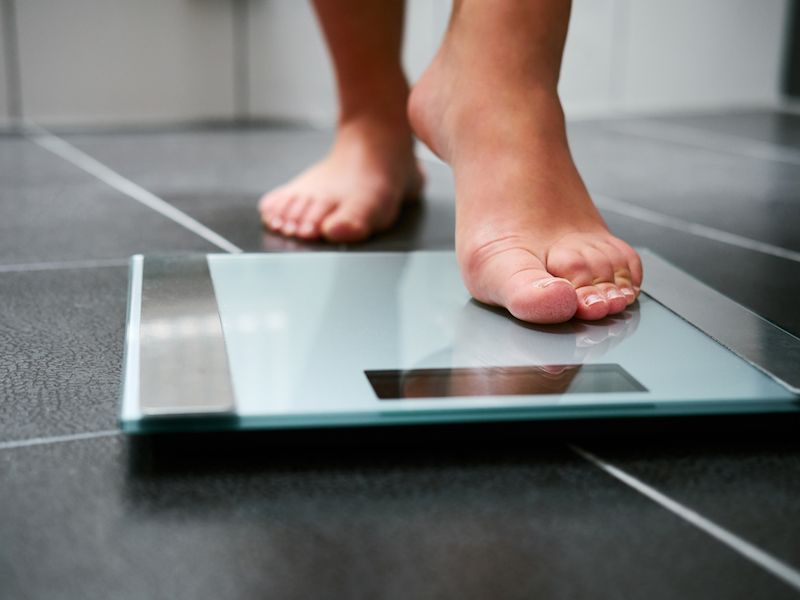
It’s well known, that over time, overeating will be detrimental to your health. There are quite a few health conditions related to obesity. Heart disease, high cholesterol, diabetes, and you can add hearing loss to the list, also. It’s estimated that about 48 million people in the U . S ., loss of hearing is a problem for around 20% of the U.S population, and in adults it’s virtually double that number, 93 million, are obese. Throughout the country, these shocking numbers point out a significant health problem.
How Is Obesity Connected to Hearing Loss?
Numerous studies have shown that loss of hearing and being overweight have a relationship. While scientists are still investigating the link, it’s thought that hearing loss and obesity have a relationship because the circulatory system is impacted. In addition, obesity is linked to high blood pressure and diabetes, which are also connected to loss of hearing.
The inner ears are filled with little hairs that perceive sound in the ear. These tiny hairs, called stereocilia, need a steady flow of blood and oxygen to function correctly. Obesity restricts the flow of blood throughout the body because the heart will have to work extra hard to get the blood to flow throughout the body, which means that there is not enough blood flow supplied to your ear. The ears can be irreversible damaged in this way. As each of these diseases effect the blood flow, high blood pressure, heart disease, and diabetes affect the inner ear in a similar way.
Keeping your weight in check is especially important as you age since age-related hearing loss and a high index of fat mass are also related. Your body’s metabolism can’t work as fast or as well as it did in the past, which is why you need to attempt to follow healthy habits that you formed when you were younger.
Your ears and your general health are benefited by a healthy diet.
Obesity Related Hearing Loss Treatments
If your hearing loss is caused by obesity, you may never be capable of getting it back, however, so that you can figure out how significant your loss of hearing is, it’s essential to get your ears checked out. If the damage is permanent, you might need a hearing aid or other device to begin hearing correctly again.
If the damage is not that severe, you may want to see your physician before your health becomes worse, about creating a diet and exercise plan to decrease the effect your weight has on your health. Your doctor should recommend a cardio intensive exercise routine that will help improve your overall health and get your blood pumping. You will likely find that other aspects of your life also get better, such as mental health, since day to day exercise has been shown to lessen depression.
Obesity-Related Hearing Loss, How to Prevent it
diabetes, heart disease, and high blood pressure staying healthy will also assist in keeping your hearing in superior condition. A program that can help you achieve your goals and that is personalized for you can be planned by a nutritionist. The task of the nutritionist is to make sure you’re eating nutritious foods with the best mix of nutrients, including foods that are high in iron, because of course, a lack of iron in your diet can result in tinnitus and cause loss of hearing.
Find out more regarding hearing loss and how you can hear better with the appropriate treatment method.
